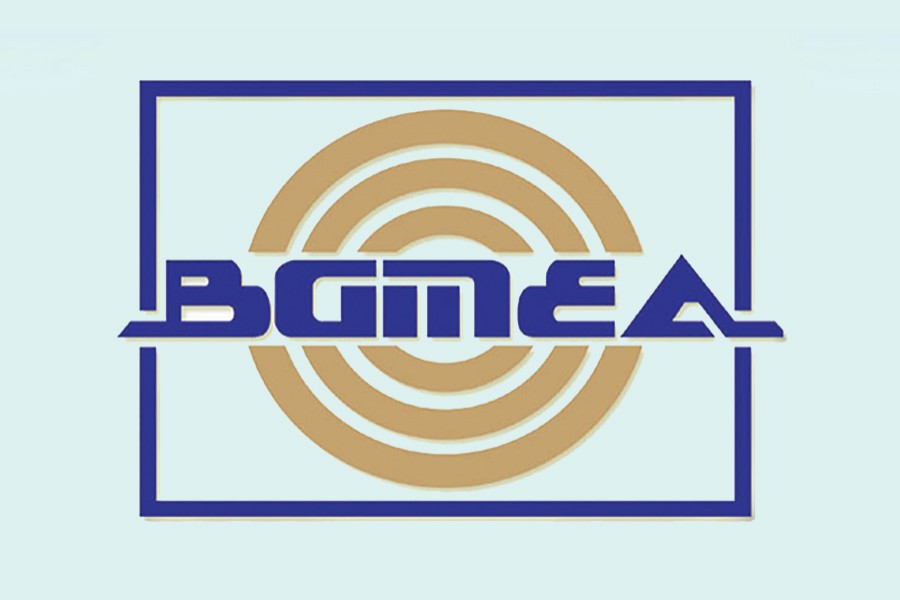Apparel industry leaders have urged the US to extend duty benefits for the export of garment items made with US cotton, saying that such incentives would encourage local spinners to set up textile mills there.
They also demanded restoration of the GSP (generalised system of preferences) facility for Bangladesh and made an appeal to put readymade garment (RMG) on the list of products getting duty-free access to the US market.
The Bangladesh Garment Manufacturers and Exporters Association (BGMEA) leaders made the call at a press conference after a meeting with US Ambassador Earl R Miller at its headquarters in the city on Sunday.
They also dismissed the allegations made by different labour organisations that about 11,000 garment workers were fired from their jobs in the aftermath of recent labour unrest over wage disparity.
The number would be no more than 4,000, they claimed.
The US envoy, citing media reports and different labour organisations' statements, wanted to know about the termination of 11,000 workers over the recent labour unrest, BGMEA President Md Siddiqur Rahman told the press conference.
The leaders had informed the envoy that four procedures have been followed in line with the law of the land while dismissing workers for misconduct and making layoffs, he said.
"Workers have lost their jobs, they were dismissed or terminated on different grounds, but the number is less than 4,000," said Mr Rahman.
Regarding the extension of Accord, a platform of global apparel retailers, the BGMEA president said they are trying to reach a win-win situation before the next court hearing to be held next month.
The issue of Accord's extension now remained under judicial consideration, he added.
"We placed two demands-restoration of GSP facility and duty-free access for RMG products. We also wanted to know whether the US can offer any duty benefit to local exporters if they use US cotton in making garments or set up spinning mills there," he added.
"We wanted to know what kind of benefit the US can offer to Bangladeshi apparel exporters if they shipped finished garment items made with US cotton to the US," he explained.
Though workplace safety and labour and human rights situation have improved much after the Rana Plaza building collapse, no evaluation took place in the last two years in this regard, the BGMEA president quoted Mr Miller as saying.
The envoy suggested starting afresh the process of negotiation for the restoration of GSP for Bangladesh in the US market, said the BGMEA president.


